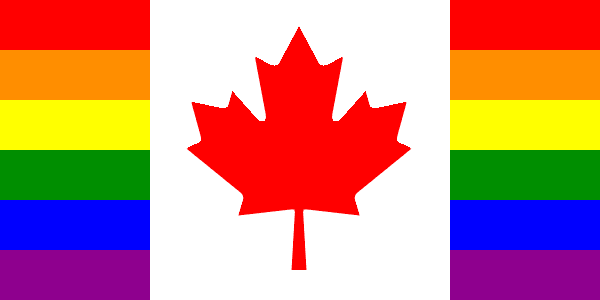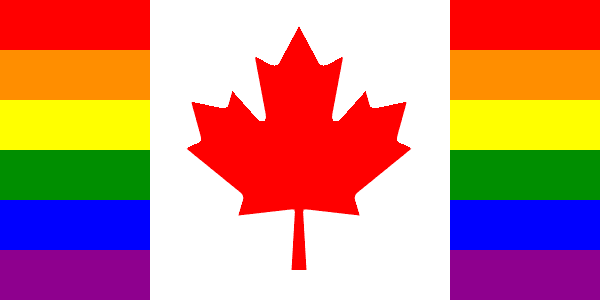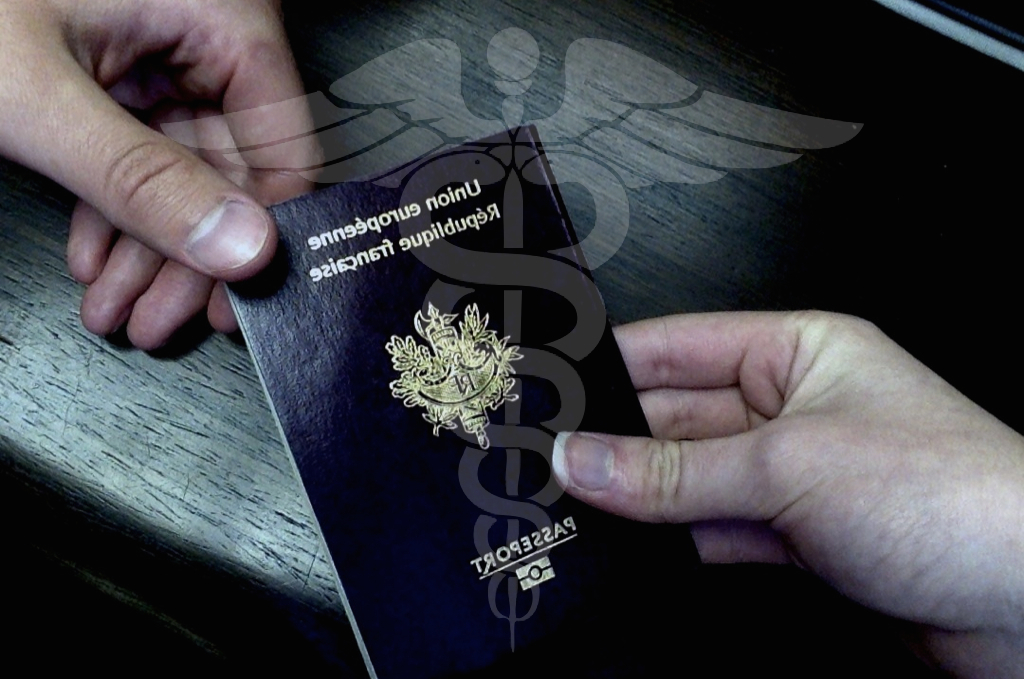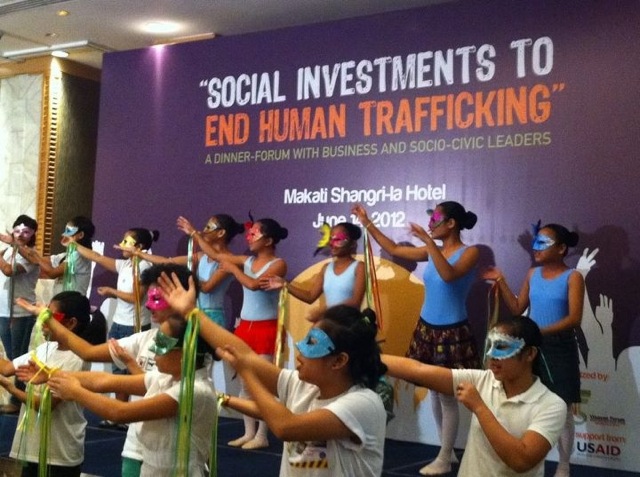In comparing the quality of life of the LGBTQ community in the United States, Canadians often speak about their country’s progressive rights. In 2010 and 2013, 70% of surveyed Canadians supported gay marriage while only 59% of Americans felt the same way. In Canada, American anti-gay legislators, such as Senator Rand Paul, are viewed as being outside the political norm.
Surprisingly, those who champion the social progress of Canada fail to acknowledge the government’s response following the Canadian Supreme Court ruling in favor of equal marriage rights in Canada. The first of two attempts to have the decision overturned was proposed by the Conservative Canadian Alliance, led by Stephen Harper in 2003. Once appointed Prime Minister, Stephen Harper introduced a motion to redefine marriage as being solely between a man and a woman. While the motion was easily defeated in Parliament, 123 MPs supported the amendment. Far from a fringe movement, a large portion of the government maintains a viewpoint that does not reflect the opinion of the majority of Canadians. While marriage was not redefined, key social services for the LGBTQ community have faced substantial setbacks due to the actions of the Canadian government.
One such initiative, known as the Trans Rights Bill (Bill c-279), has withstood 8 years worth of obstacles in an attempt to be included in Canada’s anti-discrimination and hate law legislation. The bill, which would prohibit the promotion of hatred or the incitement of genocide on the basis of gender identity in the Canadian Criminal Code, recently passed its third reading in Parliament.
Many of the same members of parliament who opposed the 2006 same-sex marriage proposal still remain, as do their voting habits. One such MP, Calgary representative Rob Anders, continues to vote against gender identity proposals. In regards to Bill c-279, Anders believes that the bill could be abused, giving sexual predators access to women’s bathrooms, under the guise of gender inclusivity.
Delays in passing critical pieces of legislature for the LGBTQ community comes at a high cost. Statistics across America and Canada indicate that hate crimes based on sexual orientation are some of the most violent. According to Eagle Canada’s Executive Director, Helen Kennedy, 75% of cases go unreported.
One of the most vulnerable populations is the LGBTQ homeless community, accounting for 25-40% of street youth. This amount can be attributed in part to the lack of family support for queer and trans youth. Despite these numbers, no mandatory anti-homophobia or trans-phobia training for shelter workers existed until this year. The city of Toronto recently passed a motion that will see the creation of an anti-discrimination framework, designed to ensure that shelter staff and members receive sensitivity training and are prepared to respond to these types of hate crimes.
While acceptance of the LGBTQ community has become more common across the country, basic fundamental inequalities still exist. More work must be done to protect this minority group. Join me next week as I examine the obstacles LQBTQ people encounter in the Canadian health care and school system.





